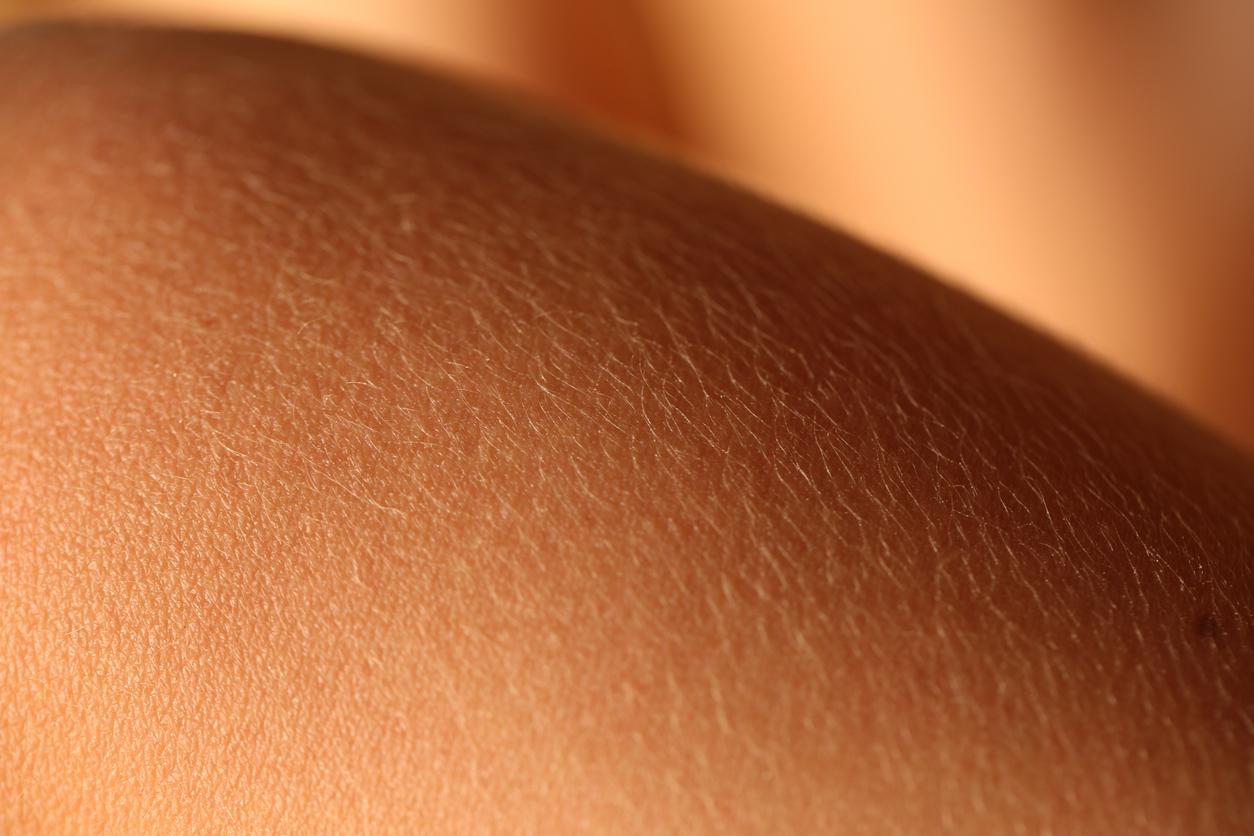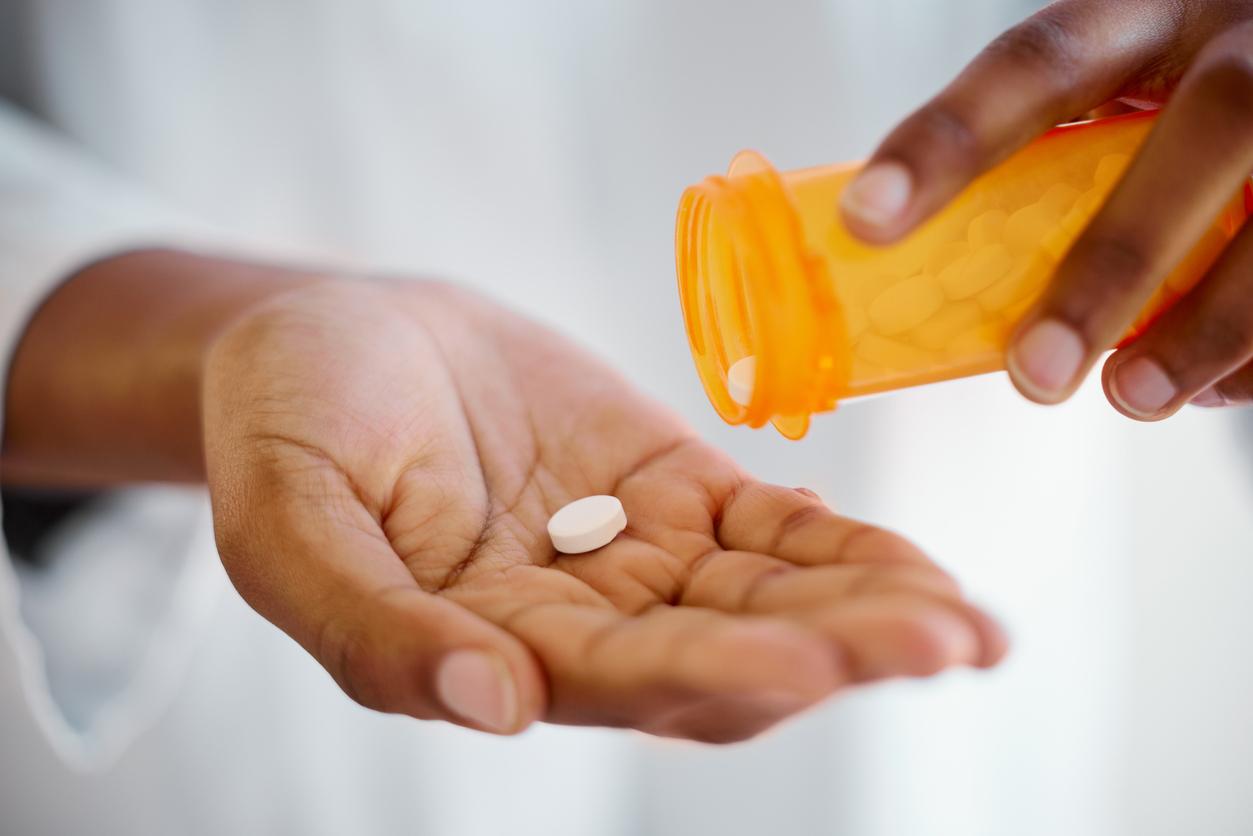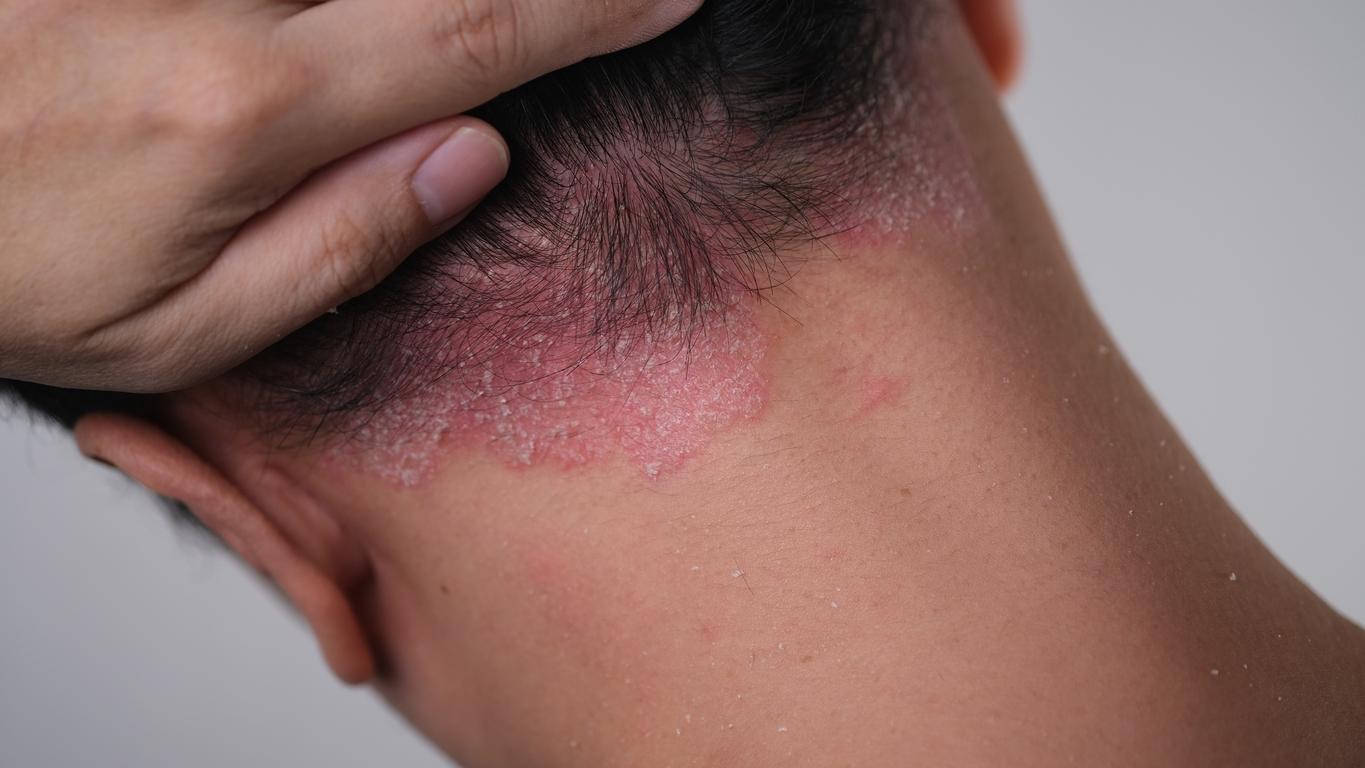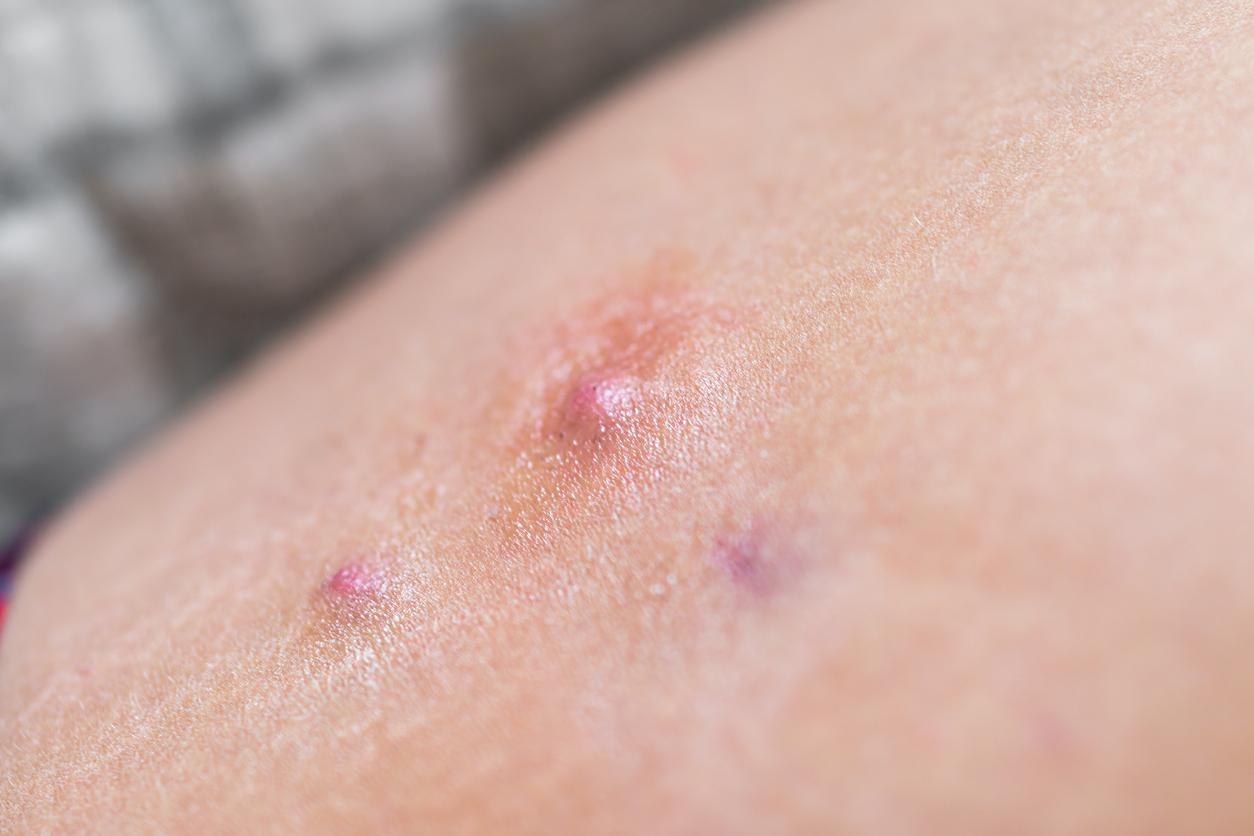“Health is on the plate!” And that of the skin too! The diversity and quality of the diet play a role in protecting the skin, in addition to regular maintenance.
Take daily care of your skin
The attention paid to your skin helps maintain its suppleness, hydration and complexion.
It is recommended to take care of it, thanks to very simple recommendations:
- a daily hydrationusing a treatment adapted to the type of skin (mature, combination, oily, dry, atopy-prone, etc.);
- a exfoliation once a weekwith appropriate care (and avoiding rubbing too hard so as not to damage the epidermis);
- A daily cleaningto eliminate residues of make-up, pollution and the various residues that may be deposited there;
- attention to the weather, with reinforced hydration of the hands in winter and the use of sunscreen in the event of exposure to ultraviolet (UV) rays.
Maintain a balanced diet to maintain a radiant complexion
To stay healthy, and keep skin properly hydrated, it is important to eat a balanced and varied diet. Certain components, contained in food products, help to improve the appearance of the skin and the complexion.
These include in particular:
- vitamin C: this antioxidant helps fight oxidative stress which leads to premature aging of cells. It also participates in the creation of collagen. It is found in blackcurrant, pepper, kiwi or even aromatic herbs (especially parsley);
- vitamin B5: available in many foods such as oilseeds and fish, it helps reduce the risk of dehydration of the skin, and it gives it softness. This vitamin also has a restorative action on skin wounds;
- omega-3s: these essential fatty acids, which are found in particular in oily fish, oilseeds and vegetable oils, help maintain hydrated, supple skin and help prevent the appearance of inflammation, such as eczema;
- beta-carotene: this carotenoid, a natural pigment that gives an orange tint to fruits and vegetables such as tomatoes and carrots, helps give the complexion a slightly tanned color, as it stimulates the production of melanin. It also helps protect the skin more effectively against UV damage. Beta-carotene is also a precursor of vitamin A, which helps fight skin conditions (eczema, acne, dry skin) and repair skin lesions.
This list is obviously not exhaustive. It is advisable to approach a dietician to obtain personalized recommendations according to the problems encountered.
Because good skin health depends (in particular) on food, here is a (non-exhaustive) selection of 9 foods that give you a healthy glow.
Sources:
- The 12 best foods for healthy skinTaylor Jones, Atli Arnarson (medical review), Healthline, 02/26/2020
- Foods for healthy, supplement skinStephanie S. Garnder (medical review), WeBMD, 2020-08-20
- Aprifel
Read also:
- Capital sun: the 3 tips to follow to avoid burning it too quickly
- 15 questions we ask ourselves about sun protection
- Healthy glow: clementine is also an ally for the skin
























